Find neuropathy treatment with doctors preferred treatment for neuropathy in legs and feet in Brookside, DE
For many Americans, living with neuropathy is one of the greatest challenges they face. Present in about 8% of people around the world, neuropathy - or peripheral neuropathy, to be more accurate - can affect anybody. In the United States alone, there are more than 40 million people with neuropathy, with health costs surpassing $4 billion each year. Approximately 10% of people over 40 years of age get neuropathy, as do 50% of diabetics and 20% of patients receiving cancer chemotherapy. In fact, the number of people with neuropathy is only increasing as diabetes becomes more common, the population ages and people with HIV/AIDS live longer.
While some patients have a higher risk of developing specific types of peripheral neuropathy, it does not discriminate between race, sex, age, personal circumstances, or medical history. Fortunately, neuropathy awareness is growing, and by proxy, so are new treatment options. If you've been suffering from the symptoms of neuropathy and are in search of a solution, Kennedy Health Clinic can help with our doctors preferred treatment for neuropathy in legs and feet in Brookside, DE. From advanced therapies to state-of-the-art technology, we utilize the latest advancements in pain management to help you regain your quality of life.
But to truly understand how neuropathy treatment can help, it's important to first understand the disease and how it affects your nervous system.

 variety of symptoms.
Neuropathy 101
variety of symptoms.
Neuropathy 101
Peripheral neuropathy is a term used to describe nerve disorders that affect a specific part of your nervous system. There are several conditions that can lead to peripheral neuropathy, resulting in a variety of symptoms. The symptoms and the body parts affected by peripheral neuropathy depend on the underlying cause.
 Symptom types
The Most Common Symptoms of Neuropathy
Symptom types
The Most Common Symptoms of Neuropathy
Peripheral neuropathy can manifest in a variety of ways. It has the potential to impact a single nerve, a group of related nerves, or numerous nerves in several areas of the body. The specific symptoms will vary based on which type of nerve signals are affected, and it is possible for multiple signal types to be involved.
Symptom types include the following:
- Sensory and Pain
- Motor
- Autonomic
 Diagnostic Testing Needed
Types of Diagnostic Testing Needed for Doctors Preferred
Diagnostic Testing Needed
Types of Diagnostic Testing Needed for Doctors Preferred
Now that we've covered some of the most difficult symptoms to live with when you have neuropathy, you're probably wondering how Kennedy Health Clinic can help. Before recommending treatment, your neuropathy doctor will suggest one or more diagnostic tests for a full-body analysis. Doing so will help our team provide better neuropathy treatment for both short and long-term needs.
 WHY WE BEST
Kennedy Health Clinic's Doctors Preferred Treatment
WHY WE BEST
Kennedy Health Clinic's Doctors Preferred Treatment
People living with neuropathy have to deal with difficulties that most men and women in America don't ever think about. It's understandable, then, that they may become tired and even depressed because of their condition. That's where Kennedy Health Clinic steps in - to provide advanced neuropathy treatments and, ultimately, enhanced quality of life.
 PAINS Suggestions
Four Positive Ways to Manage Stress from Nerve Pain
PAINS Suggestions
Four Positive Ways to Manage Stress from Nerve Pain
 Why choose us
Trust Kennedy Health for Doctors Preferred
Why choose us
Trust Kennedy Health for Doctors Preferred
At Kennedy Health Clinic, we're dedicated to improving the overall health and well-being of our patients. We offer effective pain management treatments and holistic healing options to provide comprehensive care. Our commitment to our patients has made us a trusted partner in health and wellness - and we're ready to help you, too.
If you're suffering from nerve pain or other symptoms due to neuropathy, it's time to seek professional help. Our advanced neuropathy treatments are tailored to your body, your health needs, and your neuropathy goals. That way, we can give you the most effective and efficient care possible. When you trust our team of knowledgeable doctors, you're taking the first step toward a normal life without the painful surprises caused by neuropathy. Contact our office today to get started.
Neuropathy 101
Peripheral neuropathy is a term used to describe nerve disorders that affect a specific part of your nervous system. There are several conditions that can lead to peripheral neuropathy, resulting in a variety of symptoms. The symptoms and the body parts affected by peripheral neuropathy depend on the underlying cause.

The Anatomy of Neuropathy
The nervous system in the human body is divided into two parts - the central nervous system and the peripheral nervous system. The central nervous system comprises the brain and spinal cord, while the peripheral nervous system includes all other nerves present in the body. That includes those that travel from the spinal cord and brain to supply the face and other parts of the body.
Whenever there is any condition that affects the peripheral nerves, it is referred to as peripheral neuropathy. Healthcare providers often use the terms "neuropathy" and "polyneuropathy" interchangeably with "peripheral neuropathy." It is important to note that peripheral nerves, being the farthest from the central nervous system, tend to show the earliest and most severe effects of these conditions.
How Does Neuropathy Affect Your Body?
In order to comprehend the impact of peripheral neuropathy on your body, it's useful to have some knowledge about neurons - a crucial type of cell that forms your nerves. These neurons utilize electrical and chemical signals to transmit and relay messages throughout your nervous system. Each neuron in your body is made up of the following:

Cell Body
A cell body is the primary part of a cell.

Axon
An axon is a long, arm-like projection that extends from the cell body of a neuron. At the end of the axon, there are several finger-like extensions called synapses, which convert the electrical signal in the neuron into a chemical signal. These synapses then transmit the signal to other nearby nerve cells.

Dendrites
Dendrites are small, tree-like extensions on the cell body that receive chemical signals from nearby neurons' synapses.

Myelin
This is a protective covering made up of thin, fatty chemical compounds that surround the axon of many neurons.
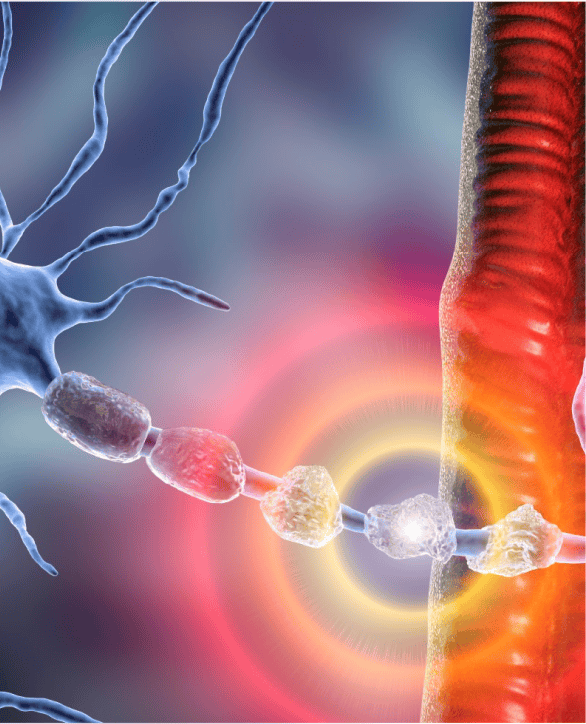
The development of peripheral neuropathy and how long it takes depends on its underlying cause. If the cause is an injury, it can develop instantly or within a few hours. However, some forms of peripheral neuropathy caused by toxins or inflammation may develop rapidly over days or weeks. In contrast, most other conditions that cause peripheral neuropathy take months, years, or even decades to develop. Regardless of the cause, modern advances in medicine give patients hope for recovery, using doctors preferred treatment for neuropathy in legs and feet in Brookside, DE.
Motor Symptoms of Neuropathy
The peripheral nervous system in your body carries motor signals that originate in your brain and are sent to your muscles. These signals allow you to move around and carry out various physical activities. For your muscles to remain healthy and function properly, they require nerve connections to the brain. Some motor symptoms include:
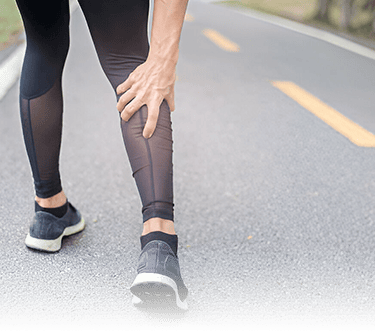
Atrophied Muscles
Nerve connection loss causes your muscles to weaken and shrink. With peripheral neuropathy, this happens most often in your lower legs, feet, and hands. Occasionally, patients will experience deformities in their hands and feet due to muscle loss.

Muscle Paralysis and Weakness
Muscle weakening is a common issue caused by nerve deterioration from peripheral neuropathy. This condition can result in paralysis, making it difficult to move toes or causing foot drop and hand weakness. Additionally, it can also affect muscles in other areas of the body, such as the thighs and arms.
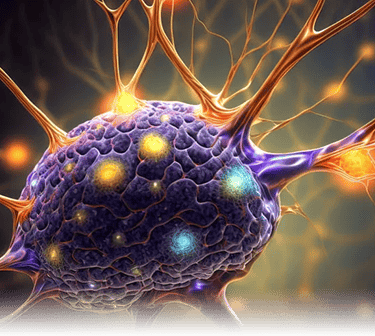
Uncontrollable Movements
When nerves lose a connection to your brain because of your neuropathy, they can become hyperactive, resulting in uncontrolled muscle movements and cramps.
Did you know that your body has several processes that happen automatically without your conscious effort? These automatic functions are known as autonomic processes, and they include things like sweating, digestion, and blood pressure control. Autonomic nerve fibers are responsible for carrying signals for these automatic processes. However, disruptions in these signals can cause your body's automatic processes to malfunction. Some of these processes may work intermittently, while others may not work at all.
Some autonomic symptoms of neuropathy include:
Kennedy Health Clinic's Doctors Preferred Treatment for Neuropathy in Legs and Feet in Brookside, DE
People living with neuropathy have to deal with difficulties that most men and women in America don't ever think about. It's understandable, then, that they may become tired and even depressed because of their condition. That's where Kennedy Health Clinic steps in - to provide advanced neuropathy treatments and, ultimately, enhanced quality of life.
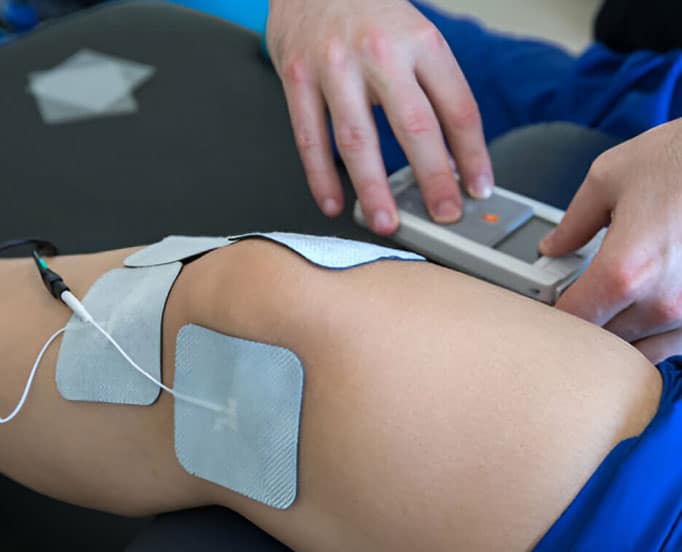
Some of our most popular neuropathy treatments include:
This device is designed to improve blood and oxygen flow, which in turn promotes optimal nerve and nervous system functionality. As a result of the healthy, oxygenated blood, damaged or weak nerve endings receive a rejuvenating boost, which may be experienced as a slight tingling sensation.
Did you know that infrared lights have amazing benefits for our bodies? They can help repair cells and improve the circulation of oxygen-rich blood, which in turn promotes faster healing of deep tissues and relieves pain.
For individuals dealing with diabetic neuropathy, the primary objective is to either reverse diabetes or decelerate its progression. Functional medicine involves incorporating lifestyle modifications to maintain blood sugar levels consistently at a healthy range, which all but eliminates diabetes. Choosing functional medicine recommendations is almost always preferred over invasive and more complicated treatments, and our team is here to help you get started.
Our providers may suggest advanced cellular therapy as a final option for those who have tried other treatments without success and are suitable candidates. This therapy can assist in improving the healing and treatment process of individuals who are experiencing neuropathy.
Living a life free of neuropathy symptoms doesn't have to be a pipe dream - it can be an achievable goal with the help of our advanced neuropathy therapies. Contact Kennedy Health Clinic today to schedule your free initial consultation. Before you know it, you'll be well on your way to long-term recovery and pain relief.
Latest News in Brookside, DE
Bisti Bay at Brookside Park: New name chosen for future water park
Hannah Groverhttps://www.cincinnati.com/story/news/local/farmington/2018/10/16/brookside-water-park-bisti-de-na-zin-fossils-dinosaurs-farmington-tourism-city-council/1659414002/
City Council changes name at mayor's suggestionFarmington Daily Times0:000:17FARMINGTON — The new water park being built in Farmington officially will be known as Bisti Bay at Brookside Park following a unanimous City Council decision made this morning.The name for the park was originally Brookside Bay Water Park, but that changed after Mayor Nate Duckett visited the Bisti/De-Na-Zin Wilderness Area to film an episode of “The Mayor’s Table” about the local attraction.The fir...
City Council changes name at mayor's suggestion
Farmington Daily Times
FARMINGTON — The new water park being built in Farmington officially will be known as Bisti Bay at Brookside Park following a unanimous City Council decision made this morning.
The name for the park was originally Brookside Bay Water Park, but that changed after Mayor Nate Duckett visited the Bisti/De-Na-Zin Wilderness Area to film an episode of “The Mayor’s Table” about the local attraction.
The first of the episodes about the wilderness area was released this week and features the De-Na-Zin portion of the wilderness area.
Duckett said he was “really blown away by an area that is truly unique in the United States.”
After visiting the wilderness area, Duckett returned to the City Council and asked its members to reconsider the name that was proposed by the Parks, Recreation and Cultural Affairs committee earlier this year — Bisti Bay at Brookside Park.
Name could offer marketing opportunities
The new name is intended to help market and promote the water park in synergy with the nearby Bisti/De-Na-Zin Wilderness Area.
Duckett mentioned a bill introduced last week that is sponsored by U.S. Sen. Martin Heinrich, D-New Mexico, to make it easier for outfitters to give guided tours on public lands, including wilderness areas like the Bisti/De-Na-Zin Wilderness Area.
He said he envisions working with a private outfitter in the future and offering tickets to go to the Bisti Bay at Brookside Park on one day and visit the Bisti/De-Na-Zin Wilderness Area the next.
Tourism official discusses importance of wilderness area
Farmington Convention and Visitors Bureau executive director Tonya Stinson presented information about the importance of the wilderness area to tourism in Farmington.
Stinson said there are fewer Google search results for Bisti than for Brookside, and the results are almost all focused on the Farmington area. In contrast, the term Brookside yields more Google search results than Bisti and includes a chocolate company, as well as towns in Colorado, including Brookside Park in Durango.
The Bisti area includes geological features dating back to 60 to 85 million years ago when the region was a tropical to semi-tropical coastal swamp. It includes unique fossils that have only been found in this area. Stinson highlighted one particular fossil — the so-called "Bisti Beast," a close relative of Tyrannosaurus Rex. The Bisti Beast, which was discovered in 1998, is currently on display in Albuquerque.
More:Brookside Bay Water Park on track for Memorial Day opening
The Bureau of Land Management monitors the number of vehicles that park in the parking lots to the wilderness area. More than 37,000 people visited the wilderness area in 2017, Duckett said.
The guest log for August at the trail head on the east side recorded visitors from all over the world, including the Netherlands, Germany and Austria, as well as throughout the United States, including Minneapolis, San Francisco and Boston, Duckett said.
Water park scheduled to open in 2019
The water park is currently under construction and will take the place of the former Brookside Pool, which closed in 2016 due to health and safety concerns. The city of Farmington plans to open the water park at the end of May.
Hannah Grover covers government for The Daily Times. She can be reached at 505-564-4652 or via email at [email protected].
Disclaimer:

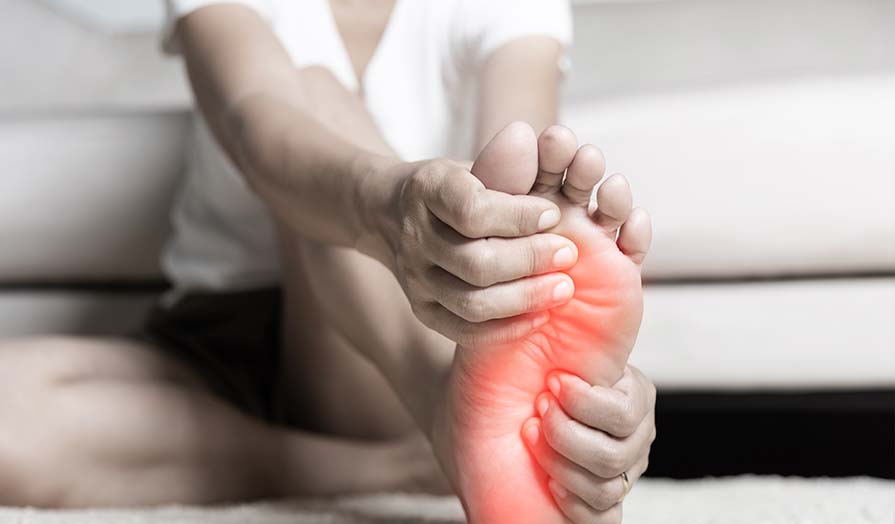
Service Areas


 302-599-6687
302-599-6687 








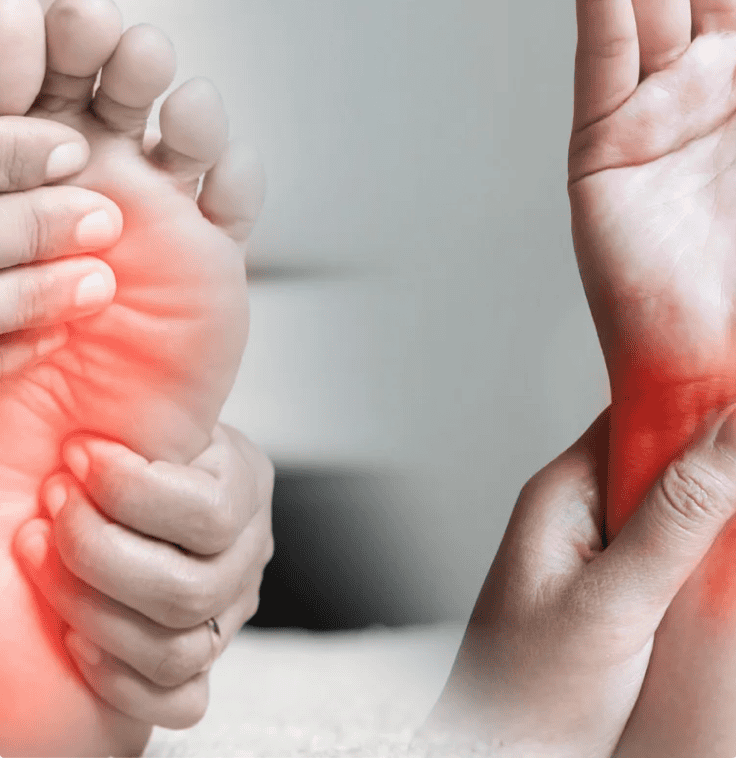
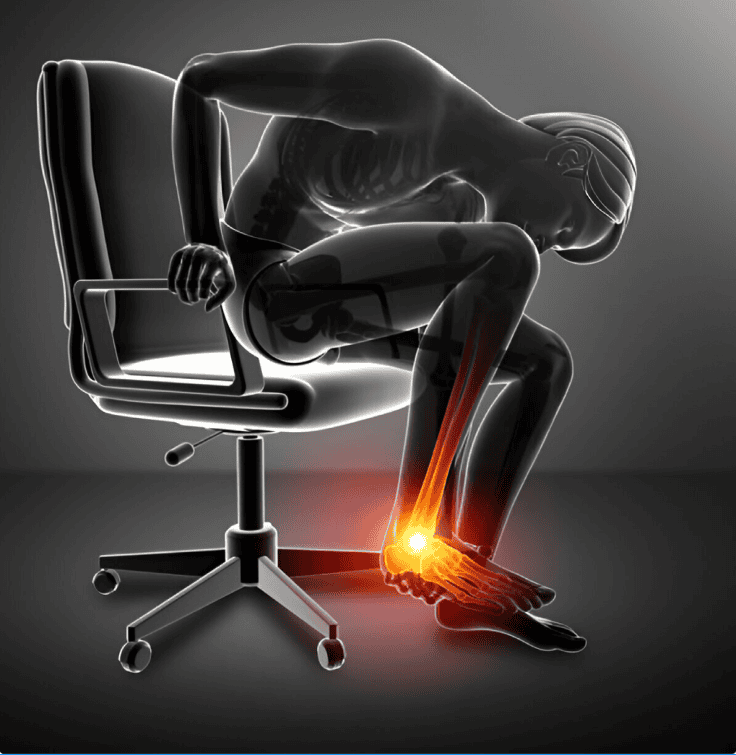
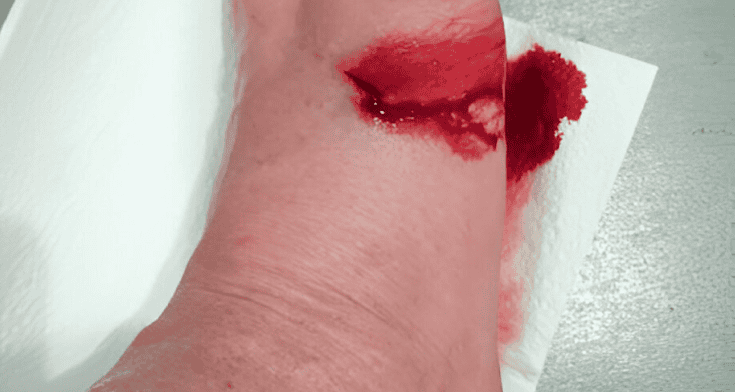




 302-599-6687
302-599-6687